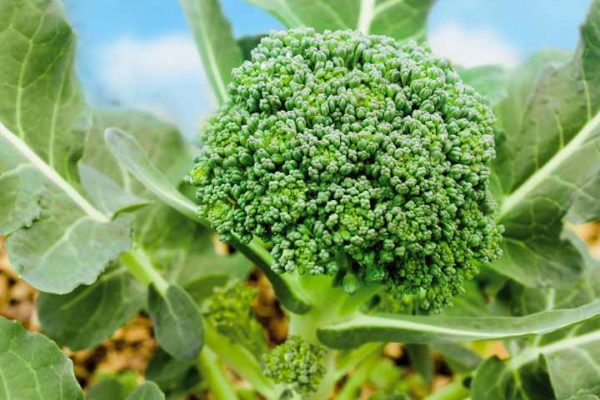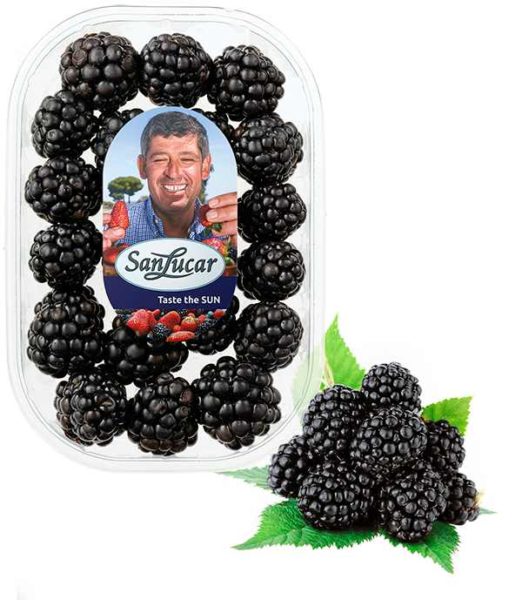Smooth, rosy and soft – that’s how our skin should look and feel. Like a freshly picked peach. But how do you get silky smooth skin? Expensive washing lotions and creams are probably not necessary. A healthy, varied diet should make your skin look youthfully beautiful. Every four weeks, our epidermis renews itself. It needs sugar, fats and proteins for this. The higher the value of these, the better. Unfortunately, however, there is also a lot in our food that takes a toll on the body: harmful trans fats, industrial sugar, milk proteins, which are difficult to digest – and an excess of salt. We’re going to tell you which substances will beautify your skin and which ones are not much help. Fats: Fats with polyunsaturated fatty acids are important for the protection of DNA, the formation of new skin cells and the development of messenger substances. These polyunsaturated fatty acids are found in avocados, salmon, algae, linseed oil and nuts. According to recent studies, so-called trans fats found in margarine, ready-made meals and fast food are said to cause inflammations and irritations in the skin. Vegetables: Vegetables contain many important vitamins and minerals that are great for our body.

The digestion is stimulated, the immune system is strengthened and the liver is detoxified with them. Broccoli, for example, contains lutein, which is supposed to counteract the formation of wrinkles.



Leave a comment